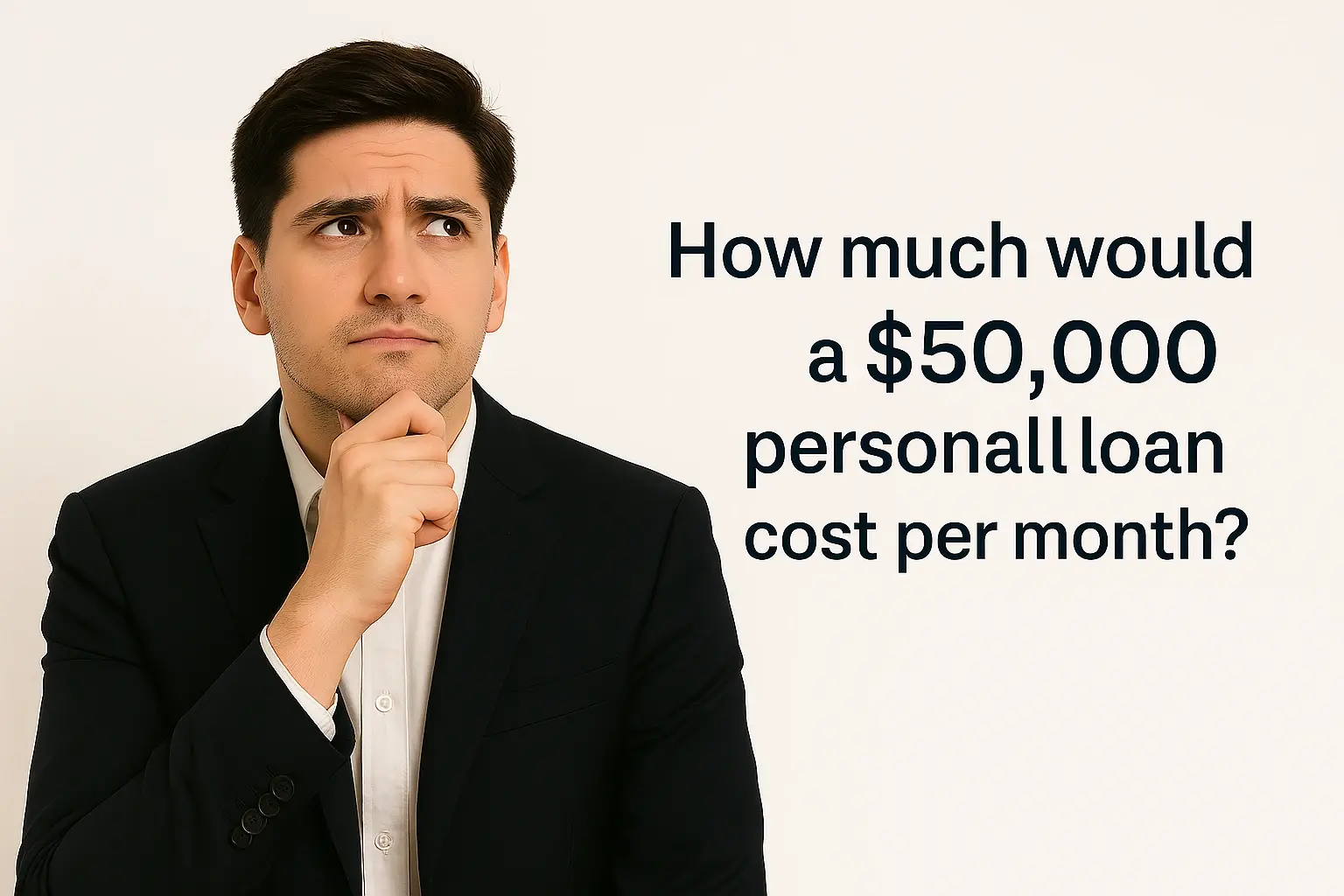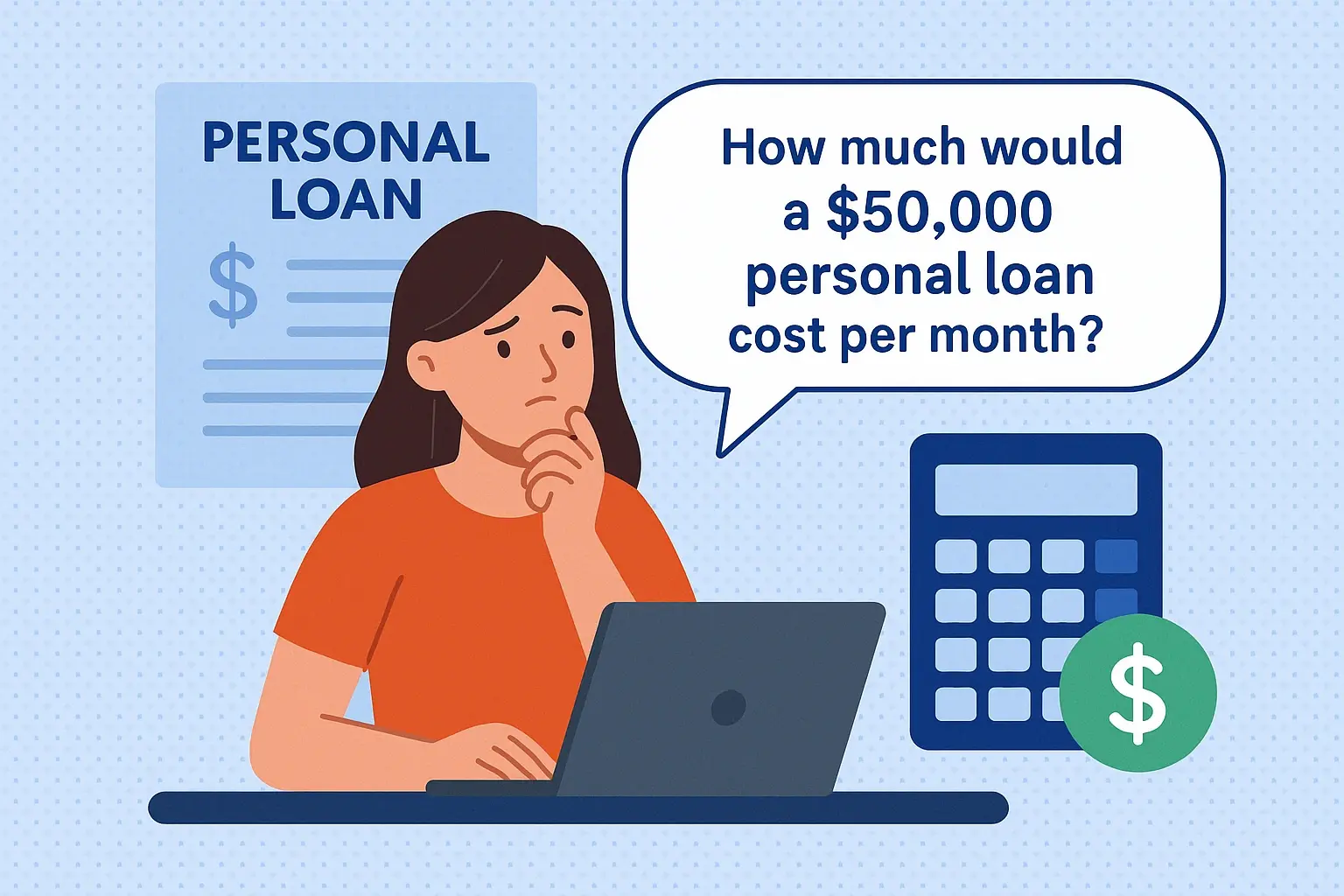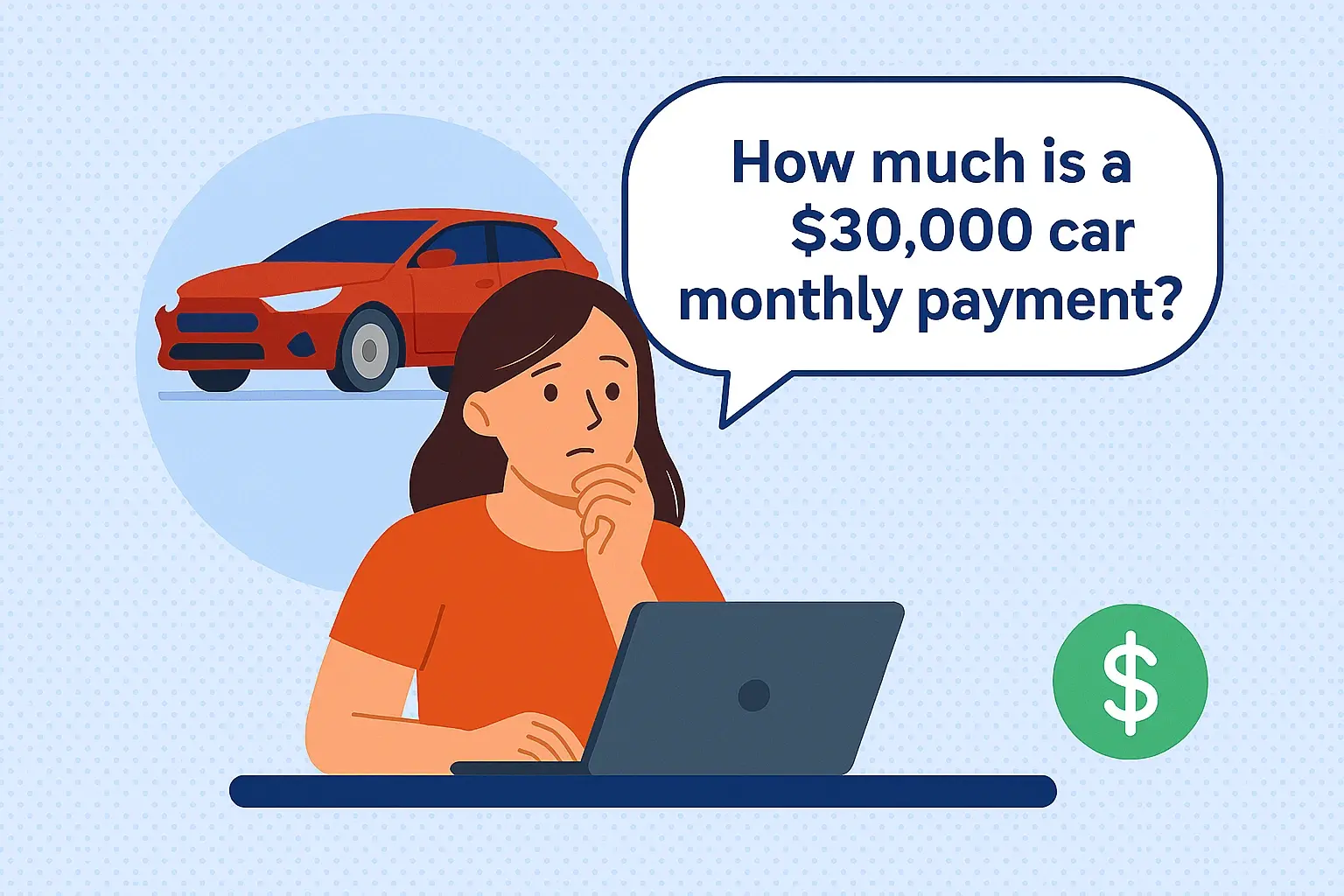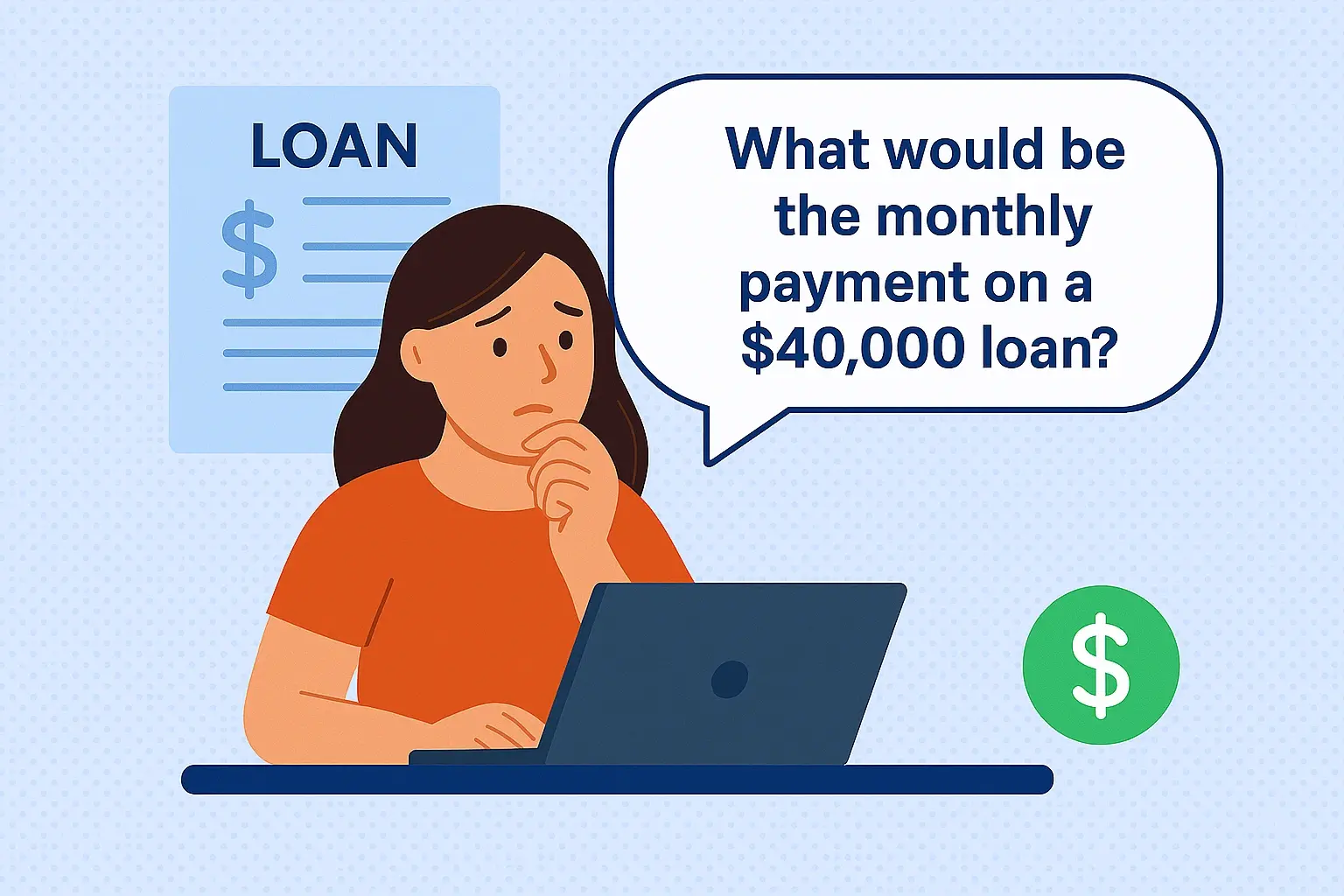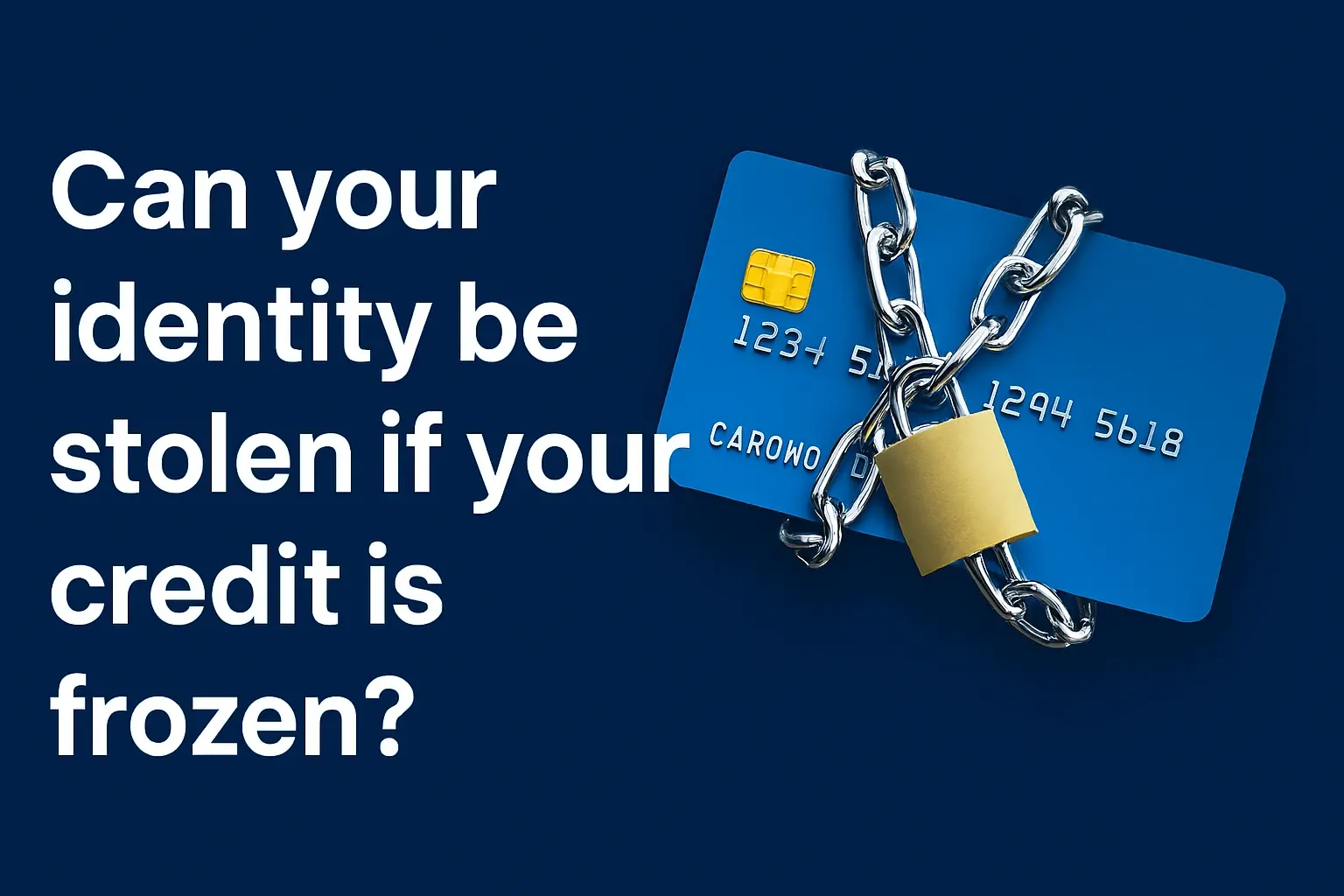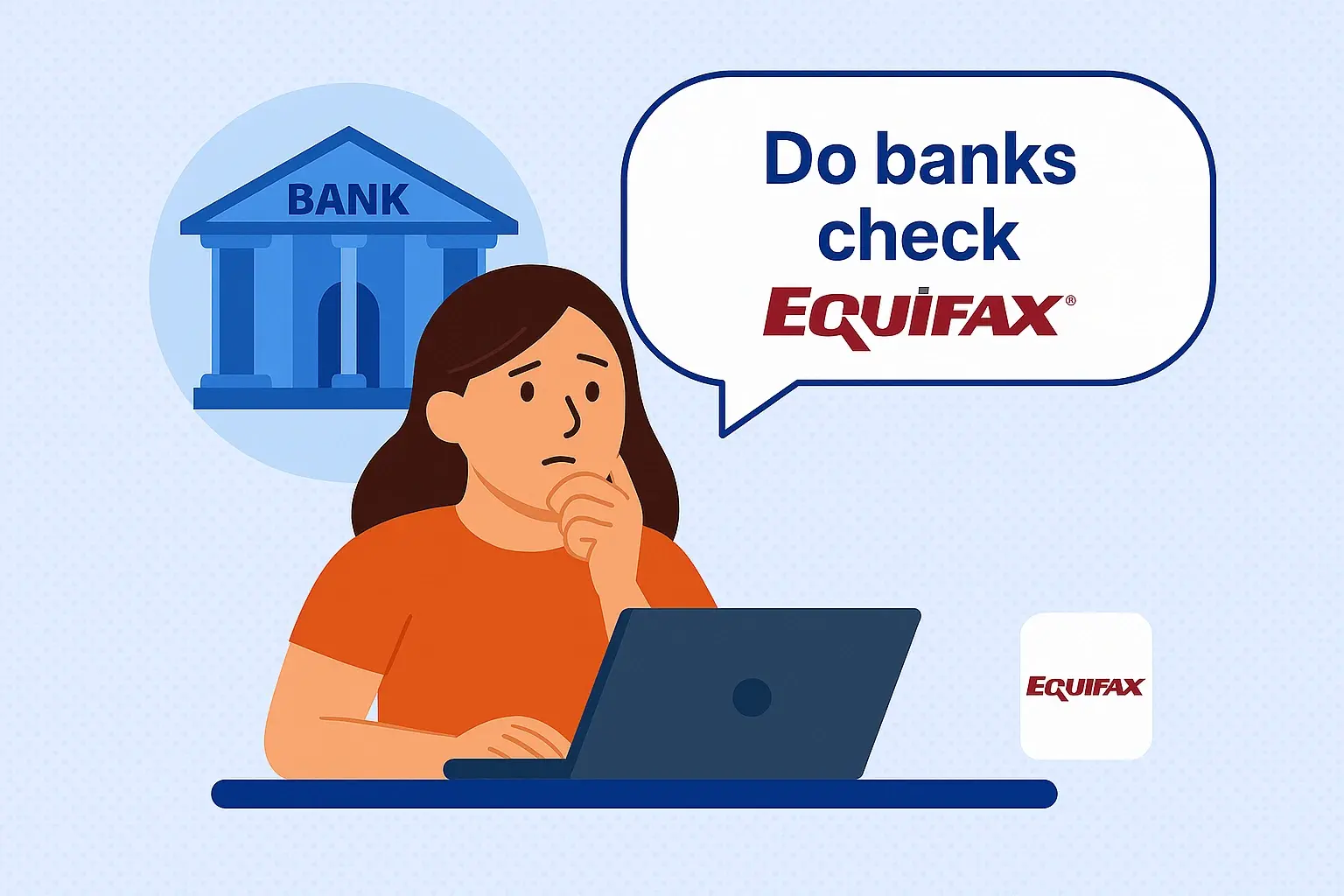-
Posted on: 14 Mar 2023
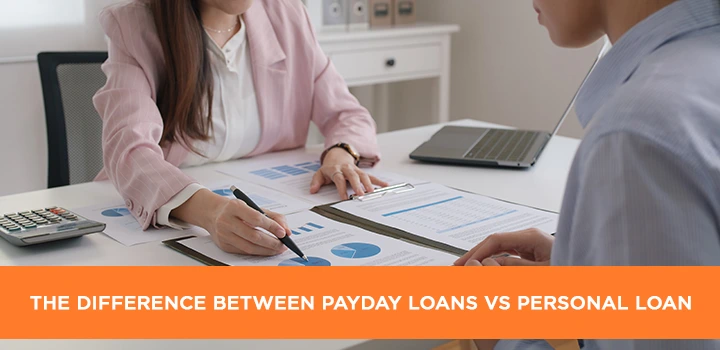
-
When facing unexpected expenses or needing quick access to funds, understanding your borrowing options is crucial. Two common, yet vastly different, loan types are payday loans and personal loans. While both offer a solution to immediate financial needs, their terms, costs, and implications for your financial health differ significantly. This comprehensive guide will explore the key differences between payday loans and personal loans, helping you make an informed decision that aligns with your financial goals and circumstances.
What are Payday Loans?
Payday loans are short-term, high-interest loans designed to be repaid on your next payday. These loans are often marketed as a quick and easy solution for covering unexpected bills, emergencies, or bridging the gap between paychecks. However, the convenience comes at a steep price, primarily due to exorbitant interest rates and fees.
How Payday Loans Work
The process of obtaining a payday loan is typically straightforward. Borrowers usually need to provide proof of income, identification, and a checking account. The loan amount is typically small, often ranging from $100 to $500, although some lenders may offer larger amounts. The borrower writes a post-dated check or provides electronic access to their bank account, authorizing the lender to withdraw the loan amount plus interest and fees on the borrower's next payday (usually within two to four weeks).
The Drawbacks of Payday Loans
While seemingly convenient, payday loans pose significant risks:
- Extremely High Interest Rates: Payday loans carry exceptionally high interest rates, often expressed as an annual percentage rate (APR) exceeding 300% or even higher. This makes them one of the most expensive forms of borrowing.
- Short Repayment Terms: The short repayment term (typically two weeks) can make it difficult for borrowers to repay the loan on time, leading to rollovers and accumulating further debt.
- Debt Cycle: Many borrowers become trapped in a cycle of debt, repeatedly taking out new payday loans to cover the previous one, as they struggle to meet the repayment deadline.
- Fees and Charges: In addition to high interest rates, payday loans often come with various fees and charges, such as origination fees, late payment fees, and insufficient funds fees, further increasing the overall cost of borrowing.
What are Personal Loans?
Personal loans are installment loans that provide borrowers with a lump sum of money, which is then repaid over a fixed period of time with regular monthly payments. These loans can be used for a variety of purposes, including debt consolidation, home improvements, medical expenses, and other significant purchases.
How Personal Loans Work
To obtain a personal loan, borrowers typically apply through a bank, credit union, or online lender. The lender will assess the borrower's creditworthiness, income, and debt-to-income ratio to determine eligibility and interest rate. The loan amount can vary depending on the lender and the borrower's credit profile, ranging from a few thousand dollars to tens of thousands of dollars. The repayment term is typically longer than that of a payday loan, ranging from a few months to several years.
The Advantages of Personal Loans
Personal loans offer several advantages over payday loans:
- Lower Interest Rates: Personal loans generally have significantly lower interest rates compared to payday loans, especially for borrowers with good credit.
- Longer Repayment Terms: The longer repayment term provides borrowers with more time to repay the loan, making the monthly payments more manageable.
- Larger Loan Amounts: Personal loans typically offer larger loan amounts than payday loans, making them suitable for more significant expenses.
- Build Credit: Making timely payments on a personal loan can help improve your credit score.
Potential Downsides of Personal Loans
While generally a better option than payday loans, personal loans also have potential drawbacks:
- Credit Score Requirements: Personal loans often require a good to excellent credit score for approval and favorable interest rates. Borrowers with poor credit may face higher interest rates or be denied approval.
- Application Process: The application process for a personal loan can be more involved than that of a payday loan, requiring documentation such as proof of income, bank statements, and credit history.
- Fees and Charges: Some personal loans may come with origination fees, prepayment penalties, or late payment fees, although these are typically less severe than those associated with payday loans.
Key Differences: Payday Loans vs. Personal Loans
Here's a table summarizing the key differences between payday loans and personal loans:
Feature Payday Loans Personal Loans Loan Amount Small (Typically $100 - $500) Larger (Typically $1,000 - $50,000) Interest Rates Extremely High (300% APR or higher) Lower (Varies based on credit score and lender) Repayment Terms Short (Typically 2-4 weeks) Longer (Months to years) Credit Score Requirements Low or No Credit Check Good to Excellent Credit Usually Required Application Process Simple and Quick More Involved, Requires Documentation Impact on Credit Can lead to a debt cycle and negative impact if not repaid on time Can improve credit score with timely payments Fees High Fees Potentially lower fees, varies by lender When to Consider Each Option
Choosing between a payday loan and a personal loan depends on your individual circumstances and financial needs.
When a Payday Loan Might Be an Option (But Still Requires Caution)
In extremely rare and dire situations, a payday loan might seem like the only option. This should only be considered if:
- You have an immediate, unavoidable emergency expense.
- You have exhausted all other borrowing options (family, friends, credit cards).
- You are absolutely certain you can repay the loan in full on your next payday without taking out another loan.
Important Note: Even in these situations, thoroughly evaluate the cost of the payday loan and explore alternative solutions before committing.
When a Personal Loan is the Better Choice
A personal loan is generally the preferred option for most borrowing needs, especially if:
- You need a larger sum of money.
- You can afford to make monthly payments over a longer period.
- You have a decent credit score or can improve your credit score before applying.
- You want to build or improve your credit history.
Alternatives to Payday Loans and Personal Loans
Before resorting to either payday loans or personal loans, consider exploring alternative options:
- Credit Counseling: Consult with a credit counselor to explore debt management strategies and budgeting techniques.
- Negotiate with Creditors: Try to negotiate payment plans with your creditors or utility companies.
- Borrow from Family or Friends: Consider borrowing money from trusted family members or friends.
- Emergency Fund: If you have an emergency fund, use it to cover unexpected expenses.
- Sell Unnecessary Items: Sell valuable items you no longer need to generate quick cash.
- Earn Extra Income: Explore temporary part-time work or freelance opportunities to increase your income.
- Government Assistance Programs: Check if you qualify for any government assistance programs.
The Importance of Financial Literacy
Ultimately, making informed financial decisions requires a solid understanding of personal finance principles. Taking the time to educate yourself about budgeting, saving, and borrowing can help you avoid costly mistakes and achieve your financial goals. Resources like online courses, financial blogs, and consultations with financial advisors can provide valuable insights and guidance.

